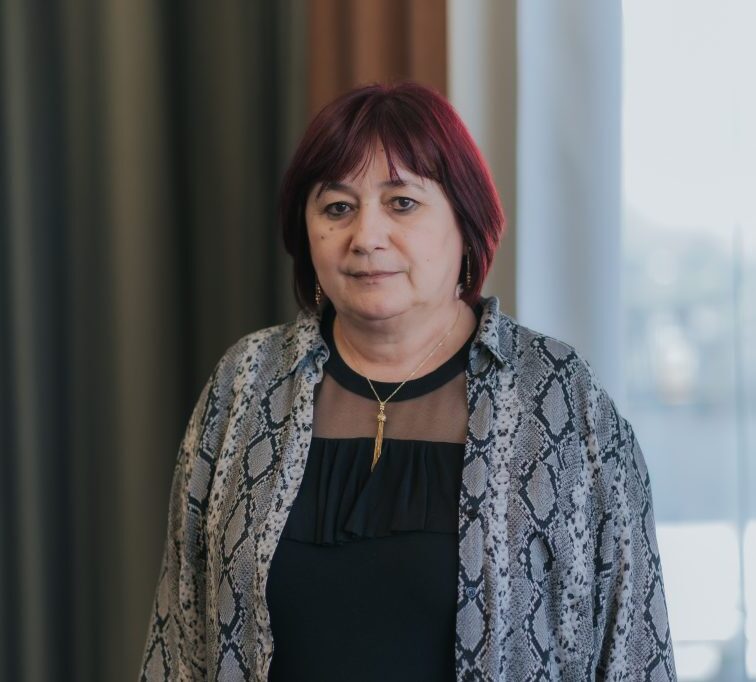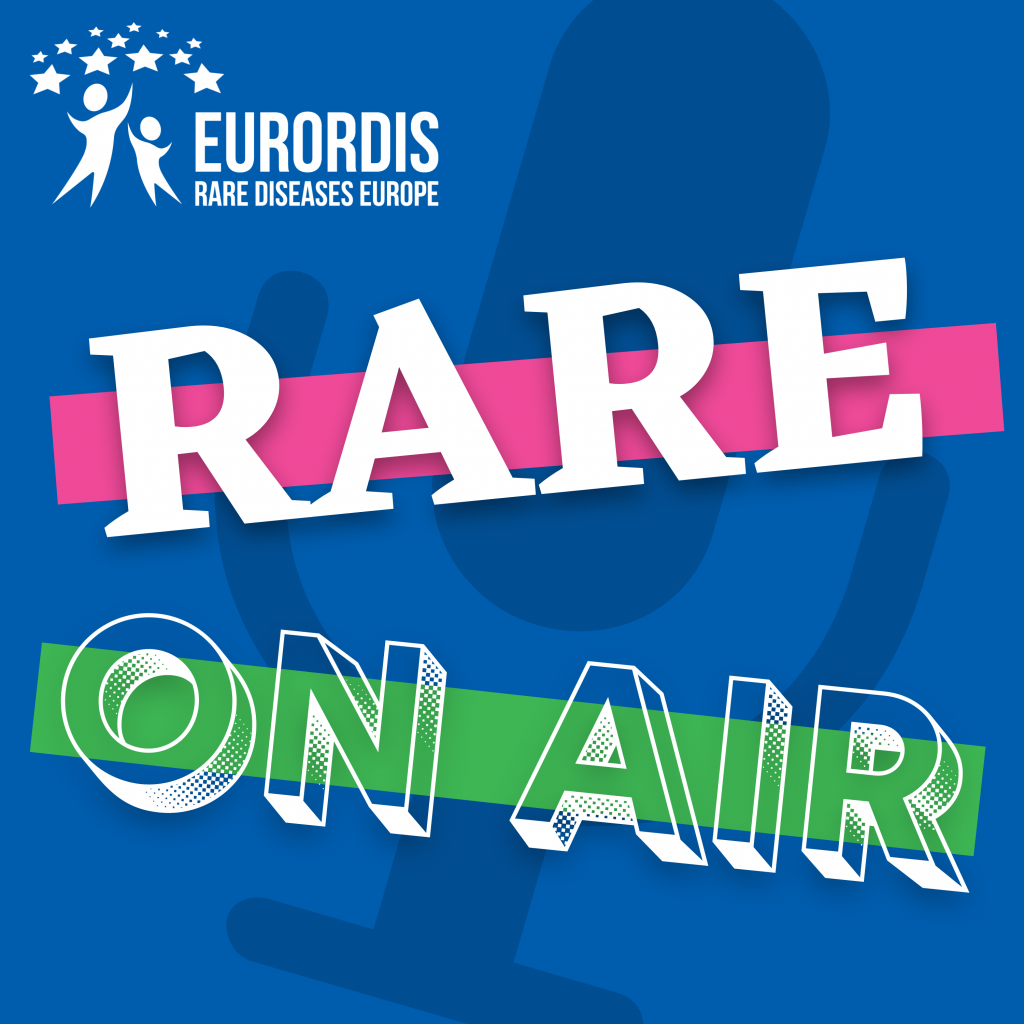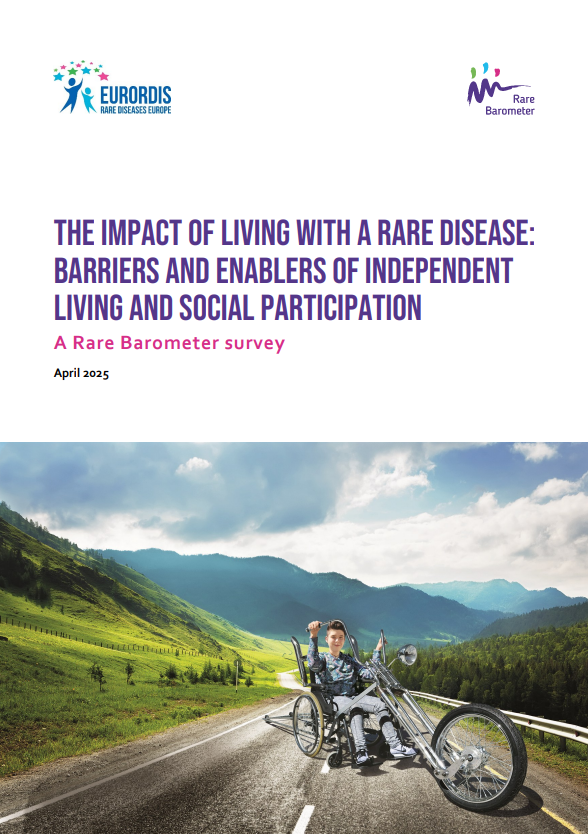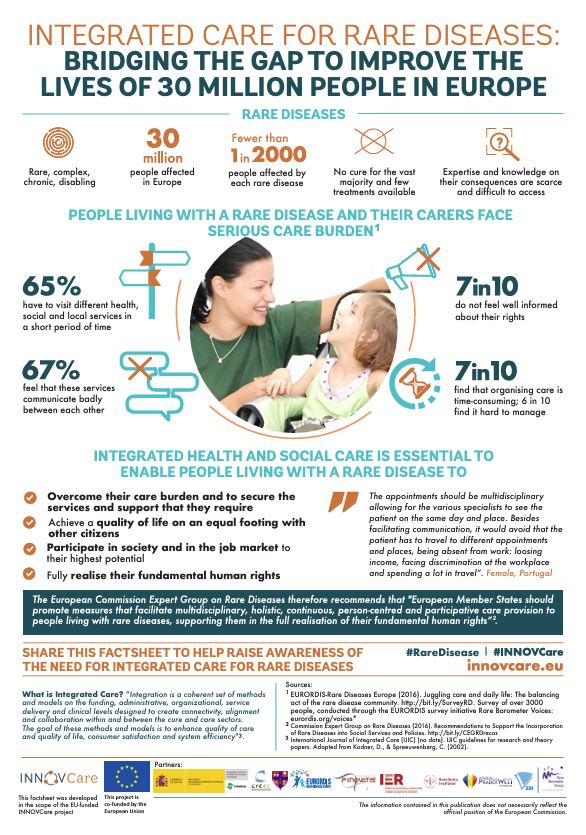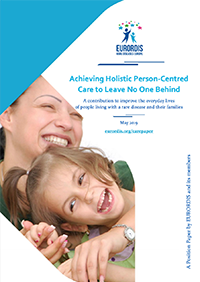
Integrated care is essential for people living with rare diseases to attain the highest standard of health and wellbeing, and to achieve equal opportunities, rights and full participation in society.
However, integrated care is not yet a reality for most people living with rare diseases and their family members, who experience significant care coordination gaps:
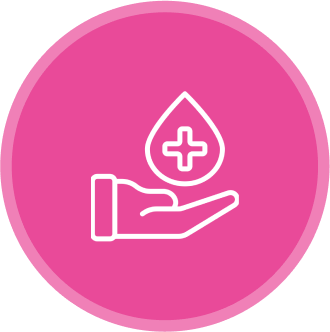
65% have to visit different health, social and local services in a short period of time

67% find that these services communicate badly with each other
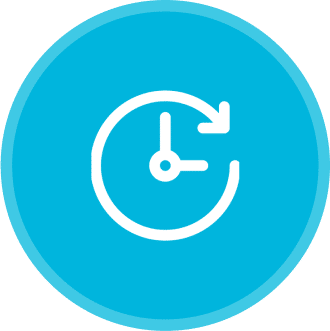
7 in 10 find that organising care is time-consuming

6 in 10 find care hard to manage
Why integrated care matters for people living with rare diseases
Living with a rare disease has an impact on all aspects of life. The majority of people with rare diseases live with a serious, chronic and highly complex health condition, as well as with disabilities.
As such, they need care and support from different healthcare professionals, as well as from a range of social and community services.
As they grow, people living with rare diseases also need a coordinated approach to their transitions from childhood to adulthood, and to ageing.
Integrated care, both within the health system and between health, social, and community services, is essential for enabling people living with rare diseases to achieve optimal health and enjoy their full human rights on an equal basis with others. Without it, the coordination of care tasks falls mostly on the person and the family, negatively impacting their health and wellbeing, as well as their social participation, living standards, and financial independence.

“I need care and support that takes into account the full me. It needs to address how my various health issues interconnect, and to consider where and how me and my family live, and the many barriers around us. The care professionals do not coordinate with each other, so me and my family are my case managers. It’s an endless odyssey to access our health and social rights – trying to manage the multiple appointments, explaining my health condition and my disabilities, sorting all sorts of paperwork. It’s physically and mentally exhausting, and it takes so much time that we are forced to be absent from work and many social activities”
Adéla Odrihocká, rare disease advocate, Czech Republic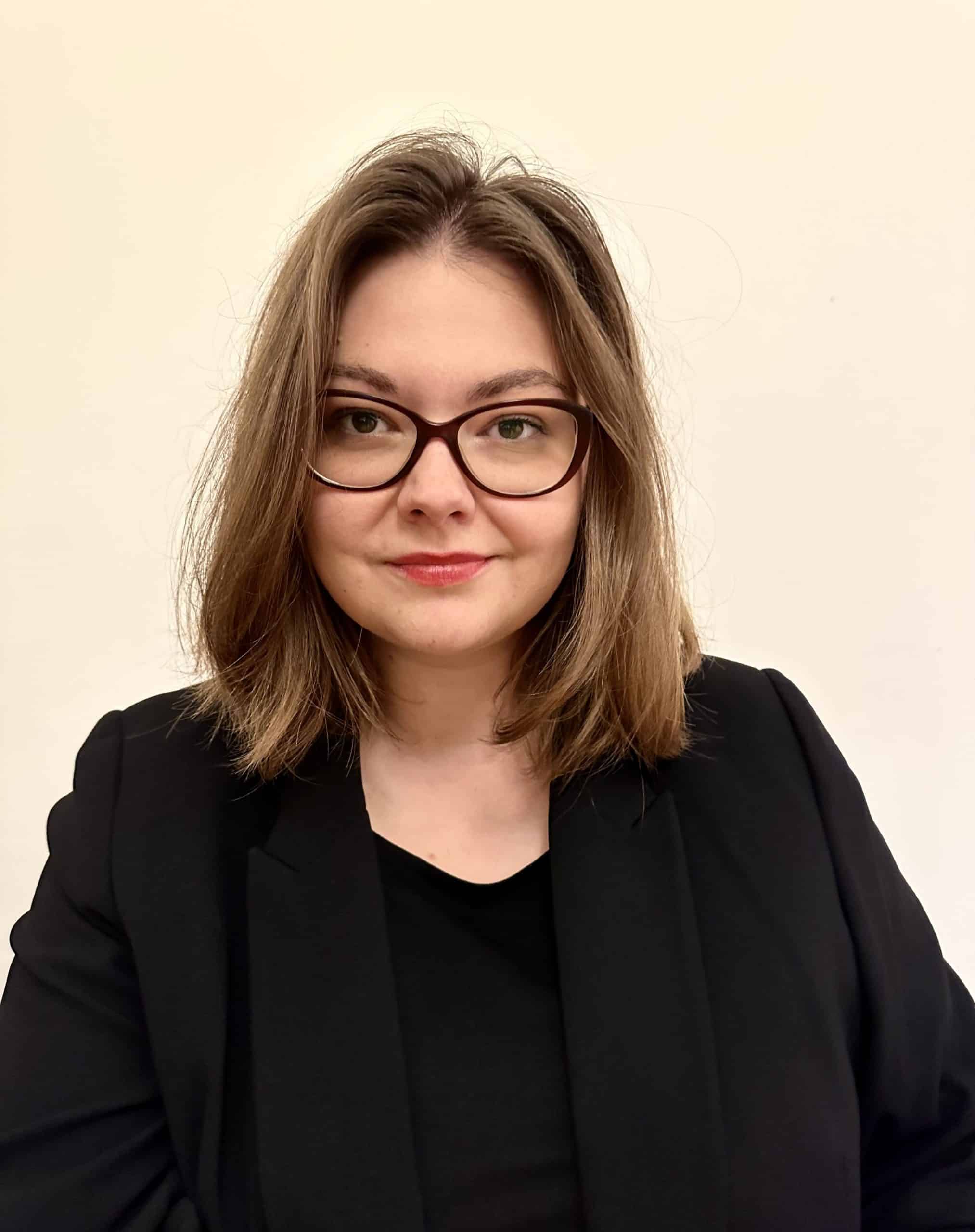
Where we are today
There is lack of coordination between care providers within and between health, social and community services. As a consequence, care pathways are complex, fragmented and difficult to navigate. In addition, there is often a disease-centred approach, which misses to consider the person as a whole.
VS
Where we want to get to
People living with rare diseases and their families should be provided with timely, high-quality, life-long and holistic care according to their needs. For that to be happen, integrated care, in coordination within and between care providers must become a reality.
EURORDIS objectives in the area of integrated, holistic life-long care
1
Advocate for integrated care, provided with a person-centred, holistic and life-long approach.
2
Contribute to the design, implementation, and promotion of integrated care reforms and good practices.
3
Empower the rare disease community and facilitate their engagement in integrated care reforms.
EURORDIS initiatives, projects and networks
EURORDIS works to advance integrated care for people living with rare diseases through a range of initiatives, projects, and collaborations at European and International levels.

